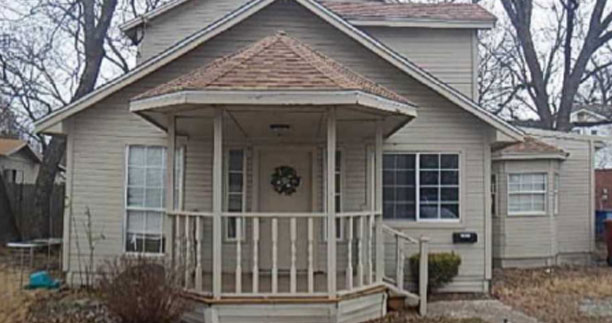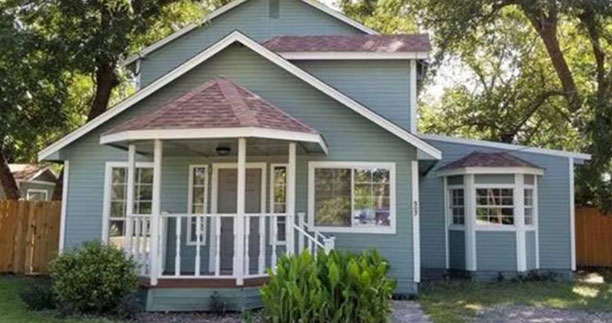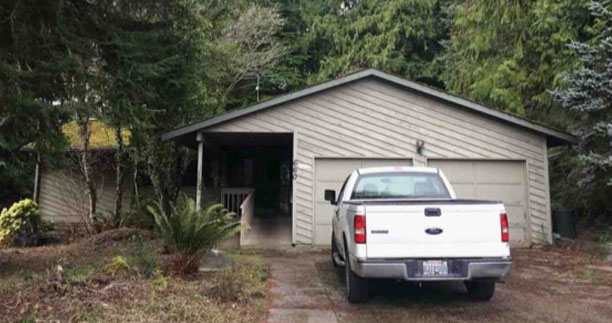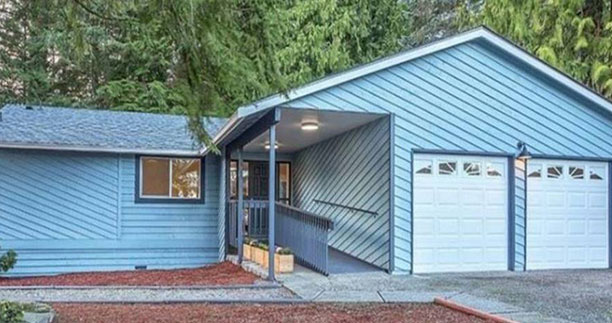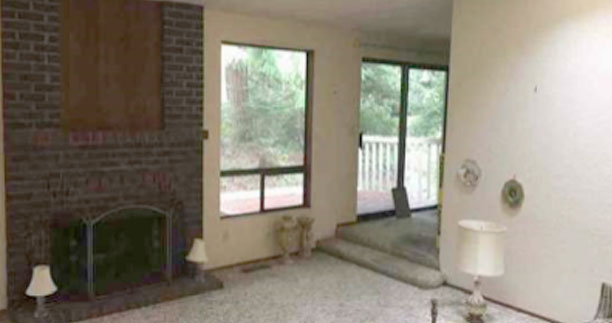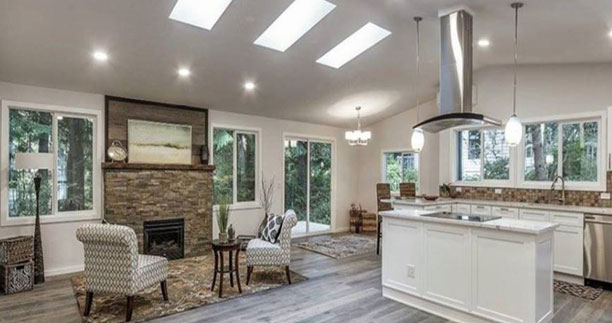Major System Repairs or Replacements
When working on a fix and flip property, addressing major system repairs or replacements is often a significant concern. These systems are essential for the functionality and safety of the property and can greatly influence its market value. Let’s explore this in detail:
Major Systems in a Property:
-
HVAC (Heating, Ventilation, and Air Conditioning) System:
- Repairs: This might involve fixing or replacing components, cleaning ducts, or recharging refrigerant.
- Replacements: Old systems may be inefficient or beyond repair, necessitating a complete replacement.
-
Electrical System:
- Repairs: Fixing faulty wiring, replacing old circuit breakers, or adding new outlets.
- Replacements: Older homes may need a complete rewiring, especially if they don’t meet current safety standards.
-
Plumbing System:
- Repairs: Addressing leaks, fixing or replacing fixtures, or unclogging drains.
- Replacements: Severely damaged pipes or outdated systems (like galvanized pipes) may require a full plumbing overhaul.
-
Roofing:
- Repairs: Patching leaks, replacing missing or damaged shingles, or addressing water damage.
- Replacements: A roof nearing the end of its lifespan or showing significant damage may need a complete replacement.
-
Foundation and Structural:
- Repairs: Filling cracks, waterproofing, or reinforcing weak points.
- Replacements: Major issues, like a shifting foundation, might require extensive work and possibly underpinning.
Factors Influencing Repair or Replacement Decisions:
- Age of the System: Older systems are more likely to need replacement due to wear and tear and outdated technology.
- Extent of Damage: Minor issues might be repairable, while extensive damage often warrants replacement.
- Cost Analysis: Compare the cost of repairs over time (including potential future repairs) against the upfront cost of replacement.
- Energy Efficiency Considerations: Newer systems are often more energy-efficient, offering long-term savings on utility bills.
- Resale Value: Updated systems can significantly boost property value and appeal to buyers.
- Local Codes and Regulations: Ensure that repairs or replacements comply with local building codes and safety standards.
Cost Considerations:
- Labor Costs: Depending on the complexity of the task, labor can be a significant expense.
- Material/Unit Costs: The cost of new systems or components varies widely based on brand, capacity, and features.
- Permitting Fees: Major repairs or replacements often require permits, which come with associated costs.
- Inspection Costs: After completing the work, you might need an inspection to ensure everything is up to code.
- Potential Hidden Costs: When opening up walls or ceilings, you might discover additional issues that need addressing.
Tips:
- Get Multiple Quotes: Always get several estimates from reputable contractors or service providers.
- Warranties: If replacing systems, consider warranties for both parts and labor. This can be a selling point when flipping the property.
- Professional Inspection: Before deciding on repairs or replacements, have systems professionally inspected to understand their condition thoroughly.
- Prioritize: If working within a budget, prioritize systems that directly impact safety and functionality.
Conclusion:
Addressing major system repairs or replacements is essential in a fix and flip project. These systems significantly influence the comfort, safety, and value of a property. It’s crucial to approach these tasks with thorough research, a clear understanding of the property’s needs, and a strategic mindset geared towards maximizing return on investment.

